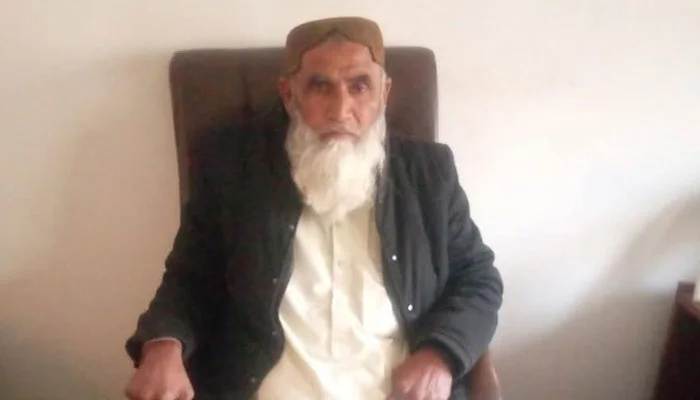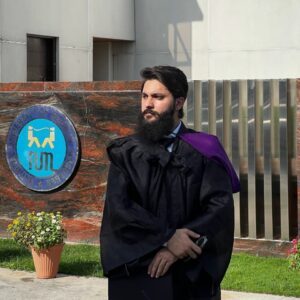In the rugged mountains of Ziarat, Balochistan a region known for its haunting beauty and turbulent history, Assistant Commissioner Muhammad Afzal Baqi became a symbol of quiet courage and ultimate sacrifice. His tragic death, alongside his son Mustansar Bilal, following a month-long abduction, has shaken the conscience of Pakistan and cast a spotlight on the perilous lives of civil servants who serve in some of the country’s most volatile regions.
A Life of Service in the Shadows
Muhammad Afzal was not a soldier, yet he served on the frontlines. As Assistant Commissioner of Ziarat, his role was administrative, but his responsibilities were anything but routine. In Balochistan, where governance often collides with insurgency, civil servants like Afzal operate in a delicate balance, implementing state policy while navigating local tensions, tribal dynamics and security threats.
Afzal’s career was marked by dedication and quiet resilience. He was known among colleagues as a principled officer, committed to development and public welfare. His work in Ziarat, a district famed for its tourism and natural heritage focused on improving infrastructure, managing law and order, and facilitating services in remote areas. These tasks, though bureaucratic on paper, demanded immense personal risk.
The Abduction and Tragedy
On August 10, 2025, Muhammad Afzal and his son were abducted from Zearzi Point, a tourist site in Ziarat. Their disappearance triggered a wave of concern, but in a region where kidnappings are tragically common, hope was tempered by grim realism. For weeks, their fate remained uncertain. A video later surfaced showing Muhammad Afzal and his son pleading for help, as their captors, dentified as members of the Baloch Liberation Army (BLA), demanded ransom.
On September 21, their bodies were discovered in the mountainous Zardalu area of Harnai district. They had been shot and dumped in the wilderness. The timing was cruelly symbolic, Muhammad Afzal had officially retired from government service just days earlier, on September 3, while still in captivity.
The Human Cost of Governance
Muhammad Afzal’s death is not just a statistic it is a stark reminder of the human cost of governance in conflict zones. Civil servants are often overlooked in narratives of national sacrifice. Yet they face threats similar to those encountered by military personnel, without the armor or recognition. They travel unarmed, live among the communities they serve, and become easy targets for groups seeking to undermine the state.
Afzal’s sacrifice highlights the vulnerability of public officials in Balochistan, where insurgent groups view government representatives as symbols of federal authority. His killing was not just an act of violence, it was a political statement, a rejection of the state’s presence in the region.
A Father and a Son: A Double Tragedy
The loss of Mustansar Bilal adds a heartbreaking dimension to the tragedy. Bilal was not a public servant, yet he became collateral in a conflict he did not choose. Their joint abduction and execution reflect the indiscriminate cruelty of insurgency, where even family ties offer no protection. For their family, the grief is immeasurable. For Pakistan, it is a call to action, to protect those who serve, and to confront the forces that threaten peace and governance.
National Response and Reflection
The killings drew strong condemnation from Balochistan’s leadership. Chief Minister Sarfraz Bugti called Afzal a “dedicated, hardworking, capable” officer and vowed justice. Yet beyond official statements, there is a need for systemic change.
Afzal’s story should be taught in civil service academies, not as a cautionary tale, but as a testament to courage. His legacy should inspire reforms that prioritize safety, mental health, and recognition for those who serve in high-risk areas.
Honoring the Silent Heroes
Muhammad Afzal Baqi’s face is now etched into the mosaic of Pakistan’s martyrs, not with medals or parades, but with quiet dignity. He represents a class of heroes who work in silence, far from the spotlight, yet whose contributions are foundational to the nation’s stability. His sacrifice urges us to broaden our definition of valor. It is not confined to battlefields, it lives in government offices, classrooms, clinics, and remote outposts. It wears the face of a civil servant who chose duty over safety, and paid the ultimate price.



